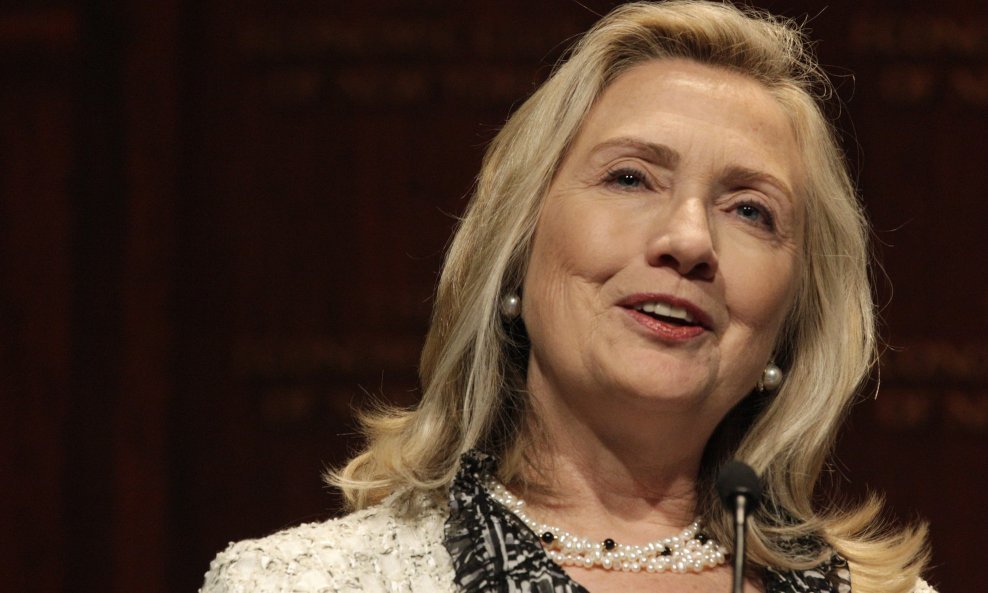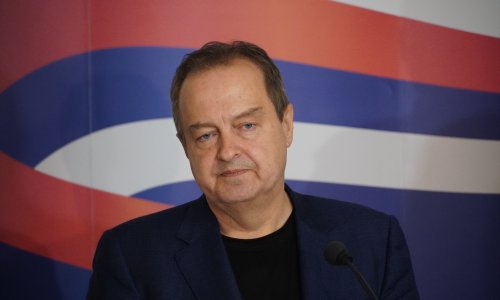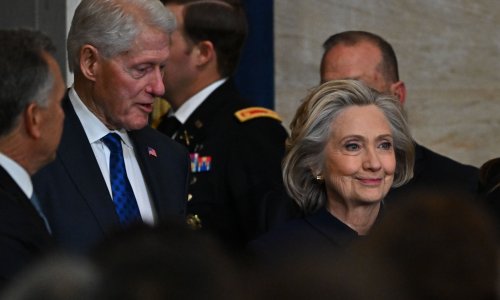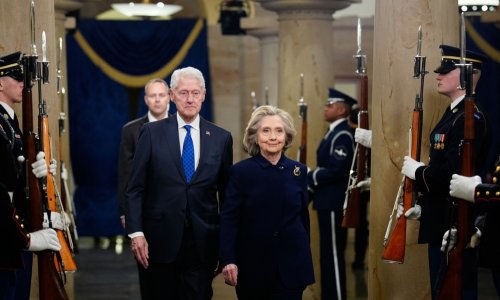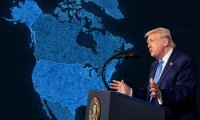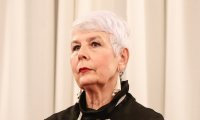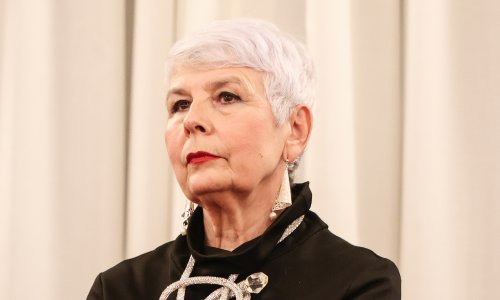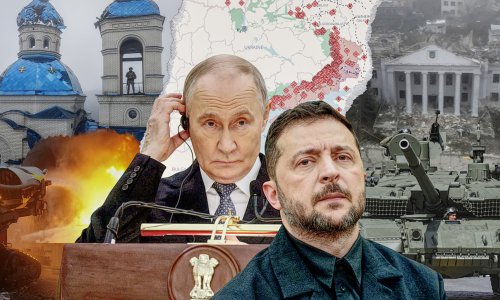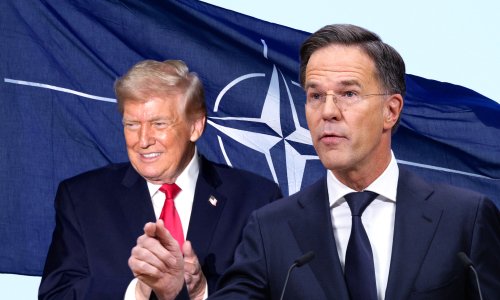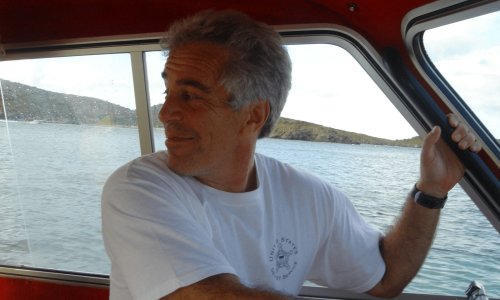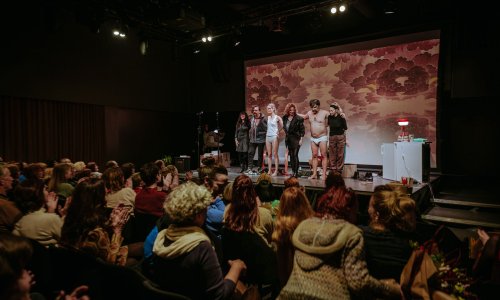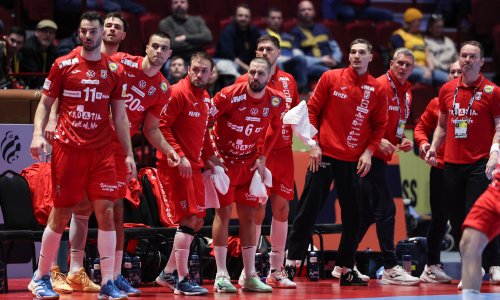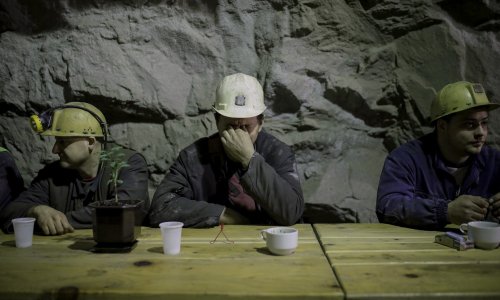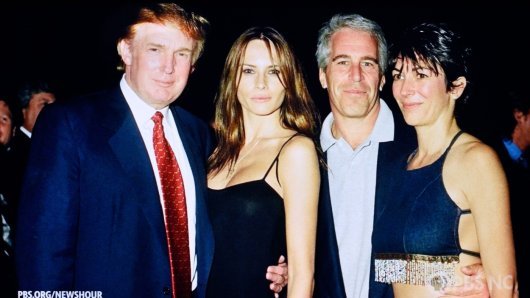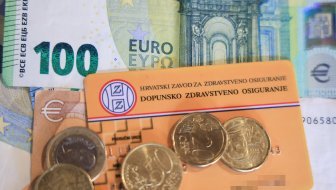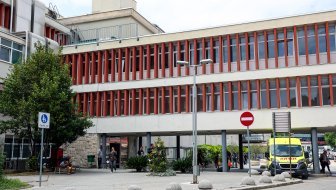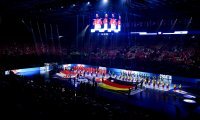United States Secretary of State Hillary Clinton and European Union High Representative for Foreign Affairs and Security Policy Catherine Ashton on Tuesday encouraged dialogue between Belgrade and Pristina and reforms in Serbia on its path to EU membership, without demanding that Serbia recognise Kosovo's independence, but the US made it clear to the state leadership in Belgrade that borders could not be changed.
Speaking at a joint press conference after meeting with Serbian President Tomislav Nikolic and Prime Minister Ivica Dacic, Clinton and Ashton noted that Serbia was not required to recognise Kosovo but that dialogue should bring about visible and sustainable progress in relations between Belgrade and Pristina.
Dialogue between Belgrade and Pristina does not mean that we are asking Serbia to recognise Kosovo, Ashton said, stressing that Serbia's future was in the European Union.
Ashton urged Serbian leaders to press on with reforms and praised a recent meeting between the prime ministers of Serbia and Kosovo in Brussels as an encouraging step, announcing that a new meeting would be held soon.
Clinton also said that Serbia's future lay in the EU.
It is important to us that people in Serbia realise that the US is committed to the European path of Serbia, that we support the dialogue between Belgrade and Pristina, and the US appeals to both sides to implement all agreements reached so far, Clinton said.
She reiterated the position of the administration in Washington that borders in Europe could not be changed.
Kosovo is an independent state and the borders will not be changed, but there are many things that both Kosovo and Serbia can do in the interests of their citizens, Clinton said.
It is important for people to know that we are working with the EU so that Serbia would become part of the EU and that's why we strongly support the dialogue and share the goals of democratic Serbia. We support the goal of united and democratic Europe having Serbia and the entire region in its membership, said the US Secretary of State.
Dacic said that Belgrade was ready to build a democratic society and promote regional cooperation, peace, stability, reconciliation and trust in the region, noting that the high guests from Washington and Brussels had not come to present any ultimatums to Belgrade.
We will not recognise Kosovo's independence but we are ready for dialogue and the Serbs from Kosovo will also take an active part in it. We are all ready to make relations between Pristina and Belgrade such as to serve the interests of citizens, and to make visible and sustainable progress, Dacic said.
We want to solve these issues before the end of our term in office, Dacic said, calling on the US and the EU to define clear goals for Serbia.
Dacic thanked Clinton for suggesting that the State Department encourage investment in Serbia, adding that such treatment by Washington would mean that Serbia was stable and had good prospects. He stressed that Serbia would do all that was necessary to meet the key political criteria.
Nikolic did not speak to the press after the meeting.
Clinton and Ashton arrived in Belgrade from Sarajevo amid tight security involving about 4,000 police officers as well as US federal agents. Dozens of members and sympathisers of the non-parliamentary Serbian Radical Party of Vojislav Seselj, who is on trial before the Hague war crimes tribunal, rallied outside the Serbian President's Office to tell the two guests they were not welcome.
Ashton and Clinton left Belgrade in the evening for Pristina and were due in Zagreb on Wednesday.



